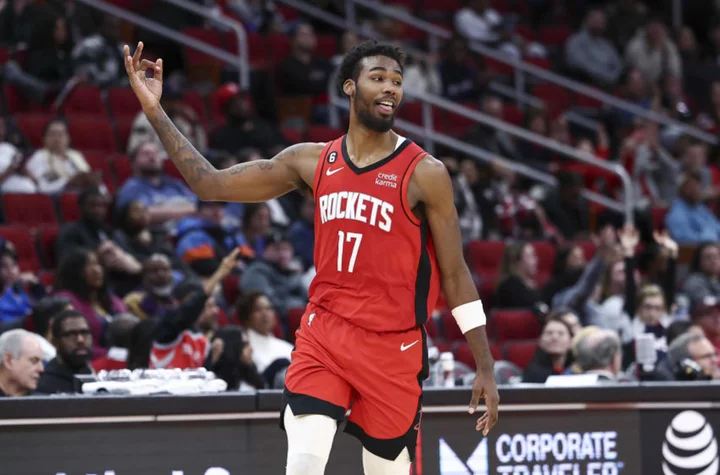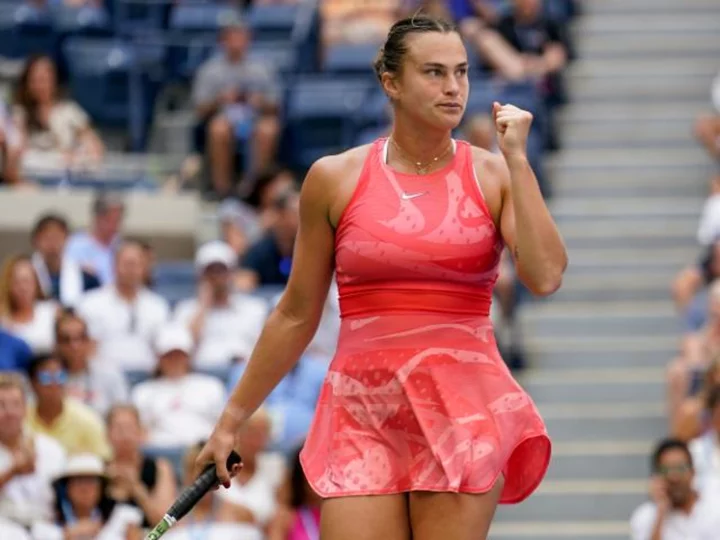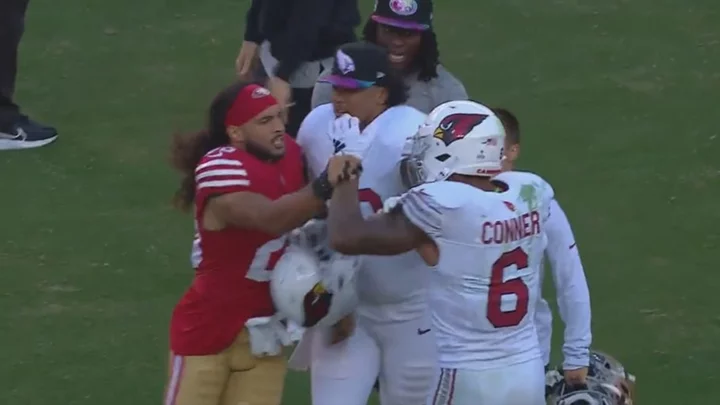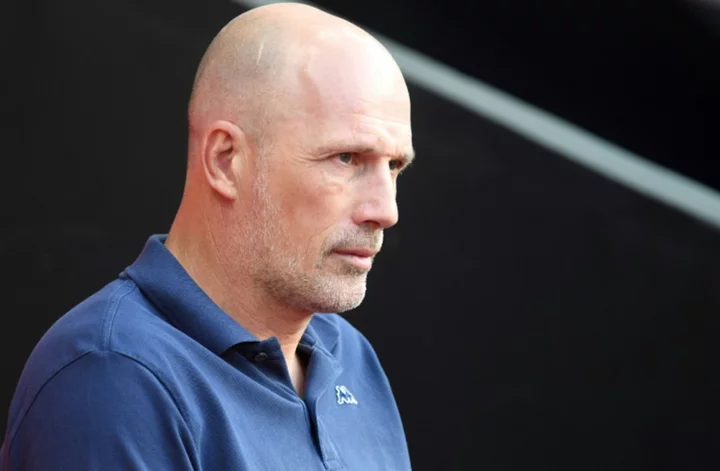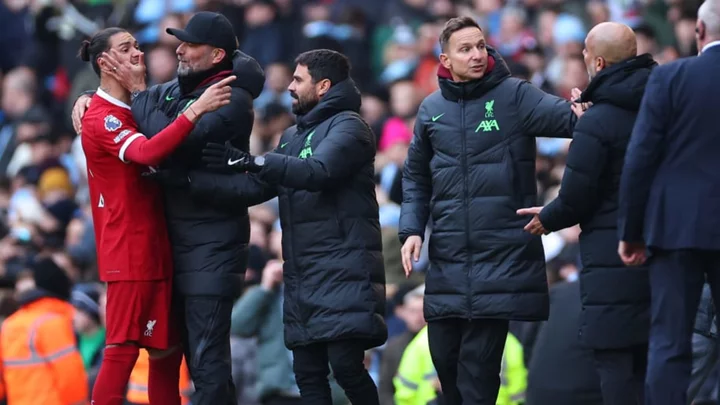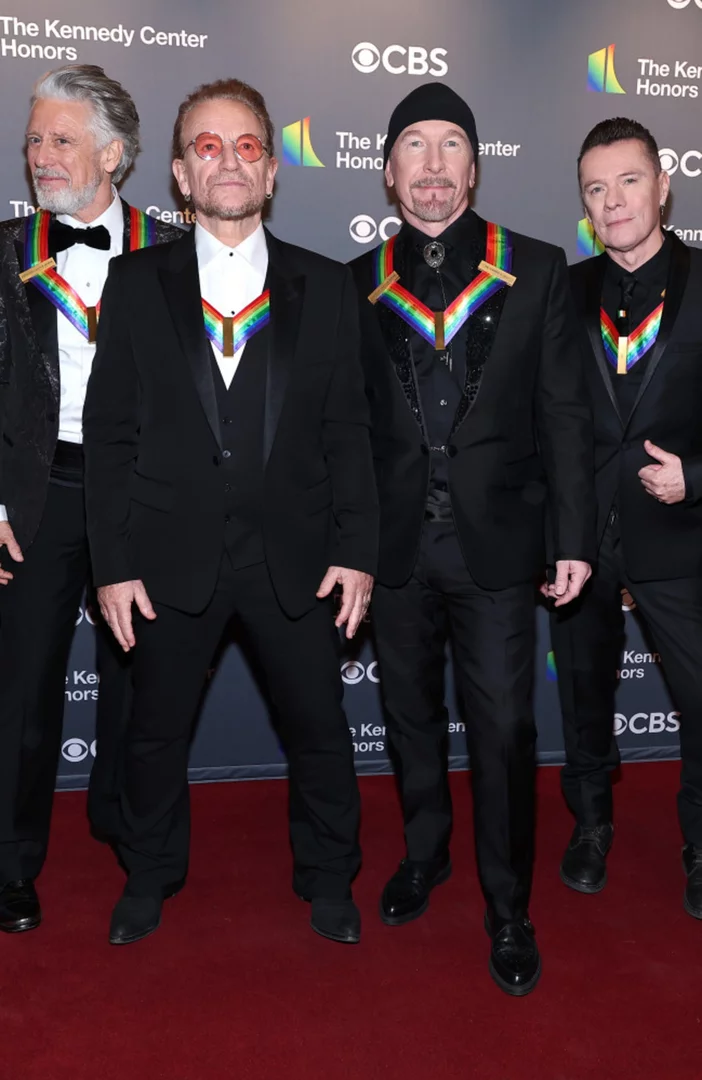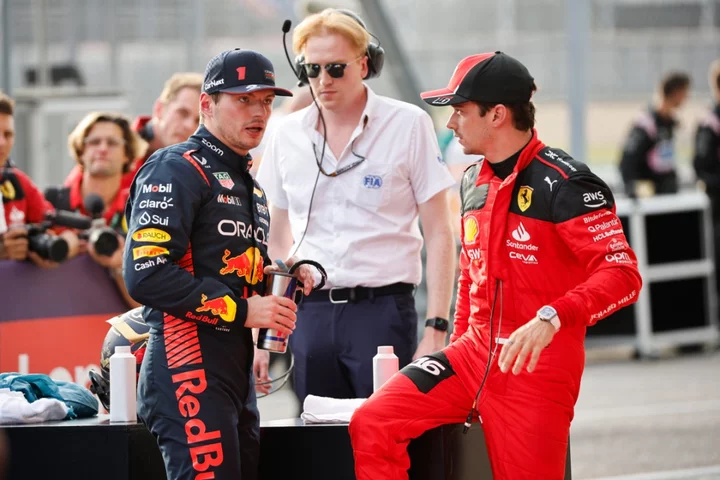When you hear about the Houston Rockets and their fascinating young core, the names that probably come to mind first are Jalen Green, Jabari Smith Jr., and Alperen Sengun. Just recently, first-round picks Amen Thompson and Cam Whitmore have also been added to the conversation.
But a player that isn't getting nearly as much recognition as the rest is soon-to-be sophomore Tari Eason. That needs to change because Eason is just the kind of player the Rockets are going to need if they plan on building a contender someday.
Since the day that Eason burst onto the scene during his sophomore season at LSU, the main selling point in his game has been his defense, namely his defensive playmaking.
As a destructive tornado with a 7-foot-2 wingspan, Eason spent his rookie season creating an abundance of turnovers. Last season, he finished in the 98th percentile in steal rate among forwards (per Cleaning the Glass). Simply put, he's a human wrecking ball.
When you're a non-center, the best thing you can be as a defender is a defensive playmaker. That's because creating a turnover means that the opposition has a zero percent chance of scoring on that possession. Even the best isolation defenders can't get you those kinds of odds.
That isn't to say that Eason can't guard the ball. The length that makes a professional pilfer artist – along with his excellent lateral quickness – enables him to swallow ballhandlers at a higher rate than Joey Chestnut consumes hot dogs on the Fourth of July (my man Joey can eat a TON of hot dogs).
And even though he's not a center, he still blocks a ton of shots. Last year, Eason placed in the 93rd percentile in block rate. That means that Houston can afford to have a less vertical center playing alongside him (*coughs* Sengun) because he provides above average rim protection value for his position.
The perfect symbol of Eason's current defensive prowess can be seen when viewing Dunks & Threes' Defensive Estimated Plus-Minus (one of the best publicly available metrics on the market). In that measure, Eason scored a plus-1.5, which was good for the 91st percentile in the league. That's especially impressive because Eason was a rookie on a bad defensive team (29th in Defensive Rating). That's normally a recipe for a pretty awful defensive one-number metric output. For instance, his teammate Smith posted a Defensive Estimated Plus-Minus of -1.0 (33rd percentile) in the same team context.
Despite having some rough edges that he needs to straighten out (namely off-ball awareness and off-ball screen navigation), Eason is already an impactful defensive player. But he's also got some utility on the other side of the ball.
It all starts with his best offensive trait: his offensive rebounding. Eason was in the 100th percentile in offensive rebounding rate among forwards. In the modern game, when a shot goes up, most offensive players are instructed to get back on defense to protect against a potential transition foray. However, because of his high-revving motor, Eason was given the license to crash the offensive glass in search of second-chance opportunities for his team (often even putting back his own misses).
As we observed with the New York Knicks last season, you can juice your team's overall Offensive Rating by acquiring more shots via the offensive glass (the Knicks were third in offensive rating and second in offensive rebound percentage). When the rest of the Rockets' young core develops into more efficient scorers, they can rest assured that Eason will increase their opportunities to score with his offensive rebounding.
(Sidebar: Remember, a second chance is only as valuable as the offense you are giving it to. The Rockets finished first in offensive rebounding percentage last season, but they didn't have the offensive personnel to properly capitalize on the extra opportunities they were gathering. Look for that to change with the addition of Fred VanVleet and the improvement of their young cast.)
As a general rule, great offensive rebounders are also great cutters (knowing when to cut to the rim after a teammate shoots the ball is half the battle when it comes to securing offensive rebounds. And while Eason was only in the seventh percentile in cutting efficiency in 2022-23 (per NBA.com), that was a small sample size, accumulated within a cluttered Rockets' offensive ecosystem. Given his instincts, motor, and athleticism, look for this to be a reliable part of Eason's arsenal moving forward.
Cutting, offensive rebounding, and chaotic defense — that sounds a lot like the player profile of established role player Jarred Vanderbilt. But you know what Eason has that even Vanderbilt doesn't? A serviceable catch and shoot 3-point jumper.
During his rookie season, Eason hit 34.3 percent of his 172 3-point attempts. That's a serviceable mark, especially when you consider his player archetype. On top of that, we have an even larger data pool that suggests he can continue this hit rate for the long haul.
According to Cerebro Sports' database (which has been tracking Eason's statistics since he was 15 and a half), Eason has hit 34.5 percent of the 339 3-pointers he's attempted. For reference, Vanderbilt has converted on just 27.7 percent of the 3-pointers Cerebro's database has tracked for him (they have data on him from all the way back to games from when he was 15). For Eason, Being able to hit 3s at a respectable rate gives him a better chance of not being schemed out of playoff matchups (like Vanderbilt was at times last year).
Overall, between his serviceable shooting, elite offensive rebounding, and promising cutting, Eason has a lot of the qualities you want in a complimentary offensive player. Couple that with his already good (potentially elite) defensive impact, and you have the makeup of a future high-end role player.
That ceiling isn't nearly as glamorous as the ones that guys like Green or Sengun may reach if everything comes together for them. But there's a better chance that Eason becomes a quality role player than there is of Green or Sengun (or Smith, for that matter) becoming an All-Star.
And at the end of the day, you need players like Eason to win in this league. Think about the role Shawn Marion played on those "Seven Seconds or Less" Phoenix Suns teams. With a little more growth, Eason can someday fill that type of role. Now, the onus just falls on Houston to build a contender that allows him to contribute in that type of way.

